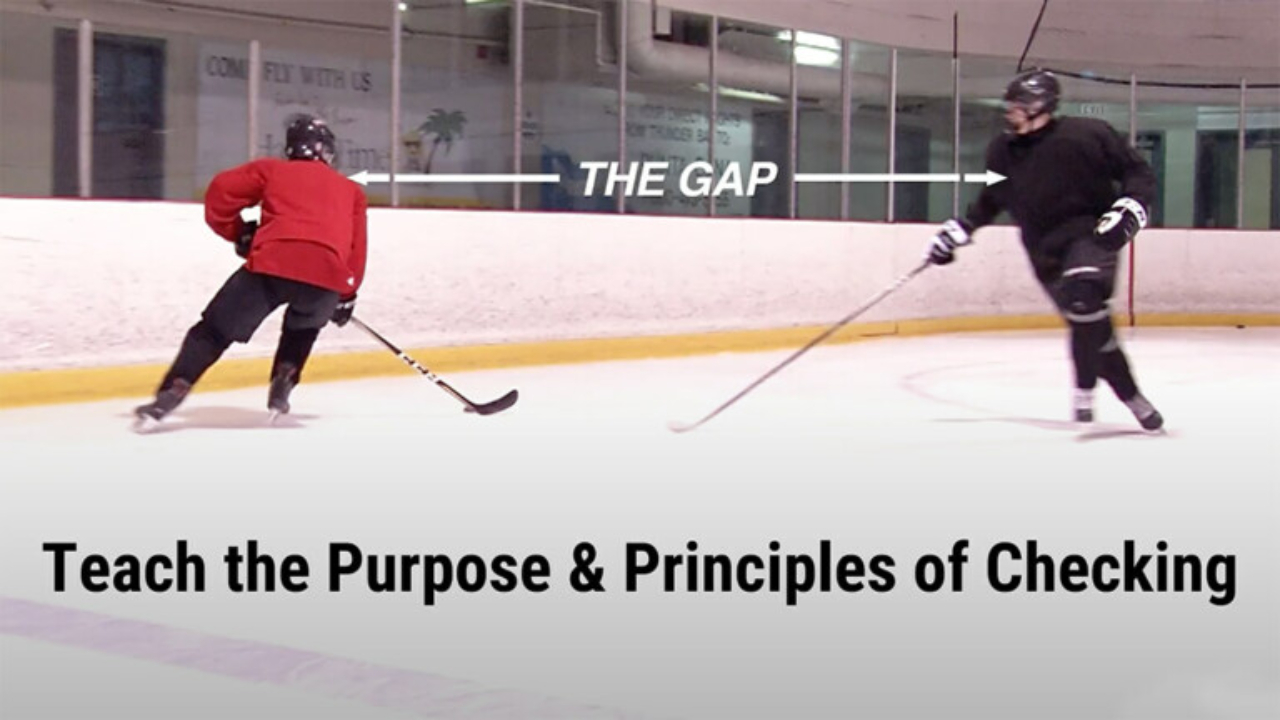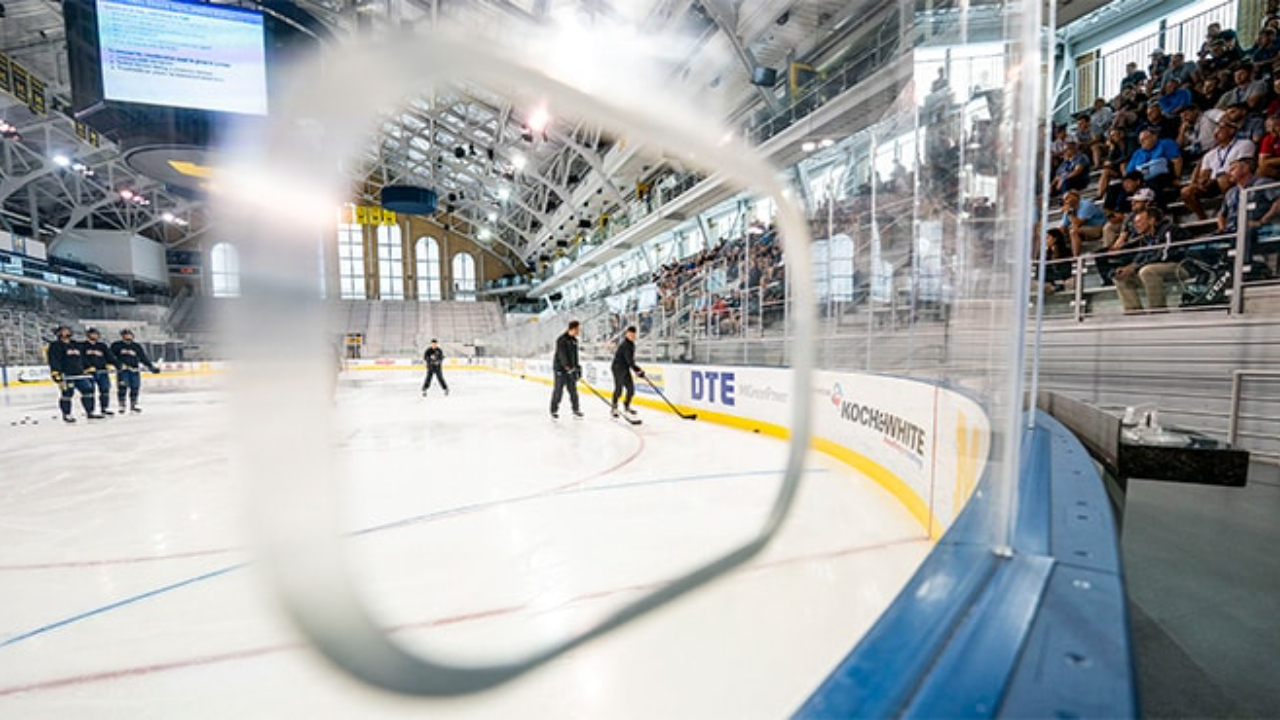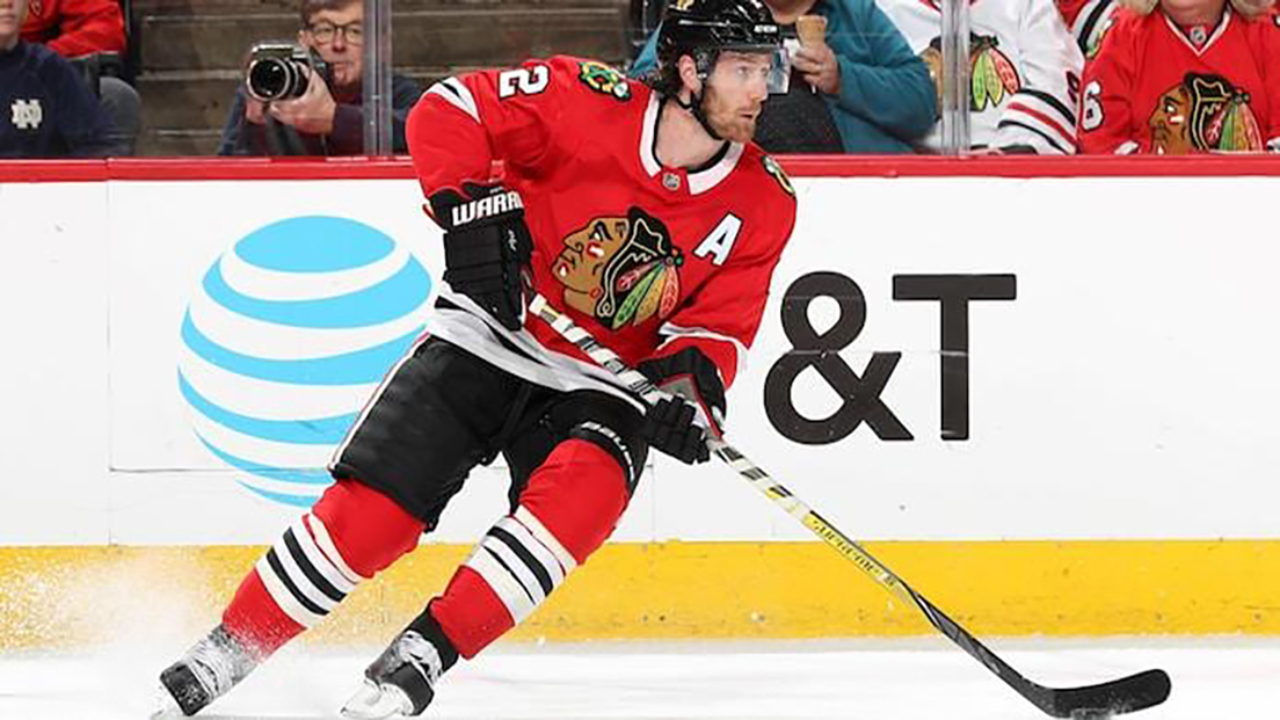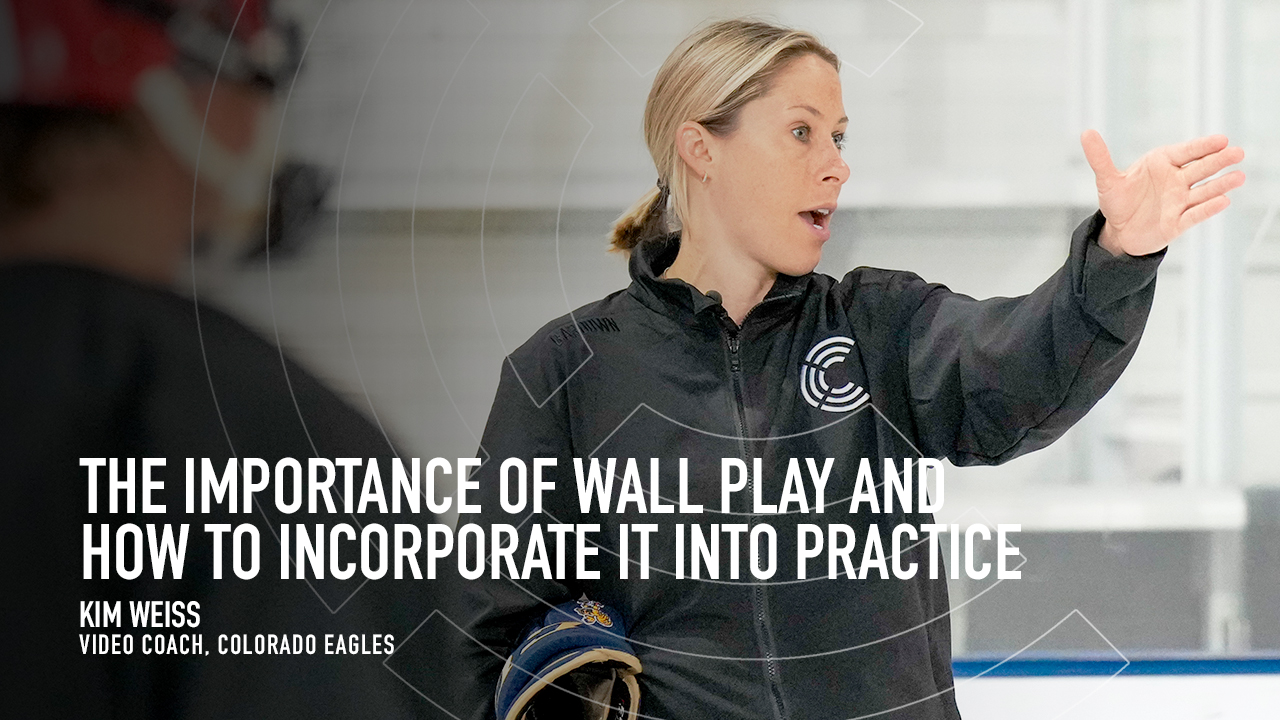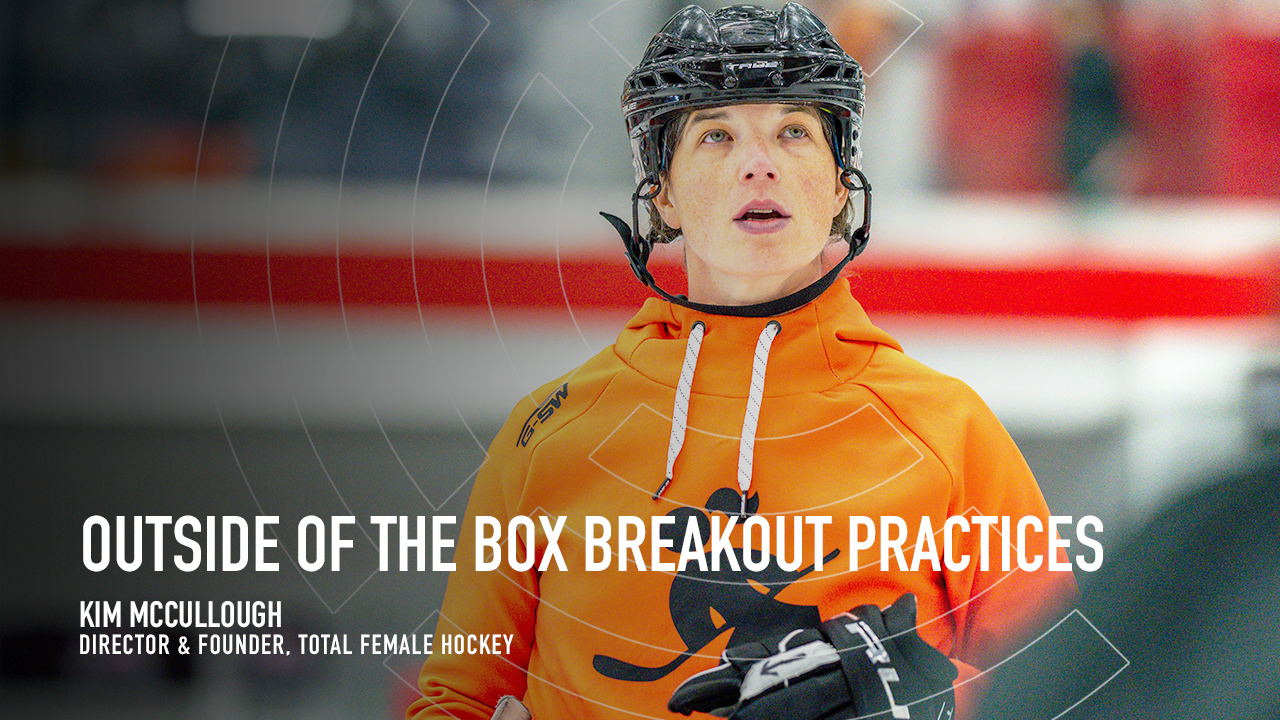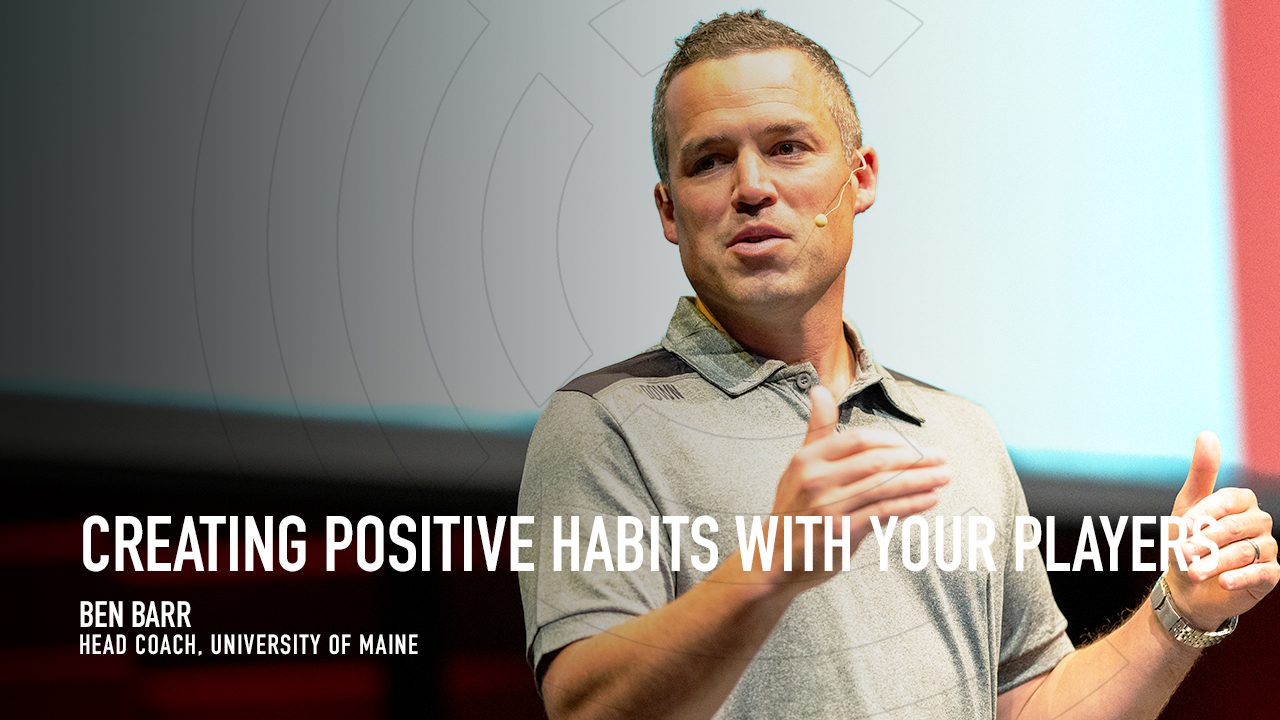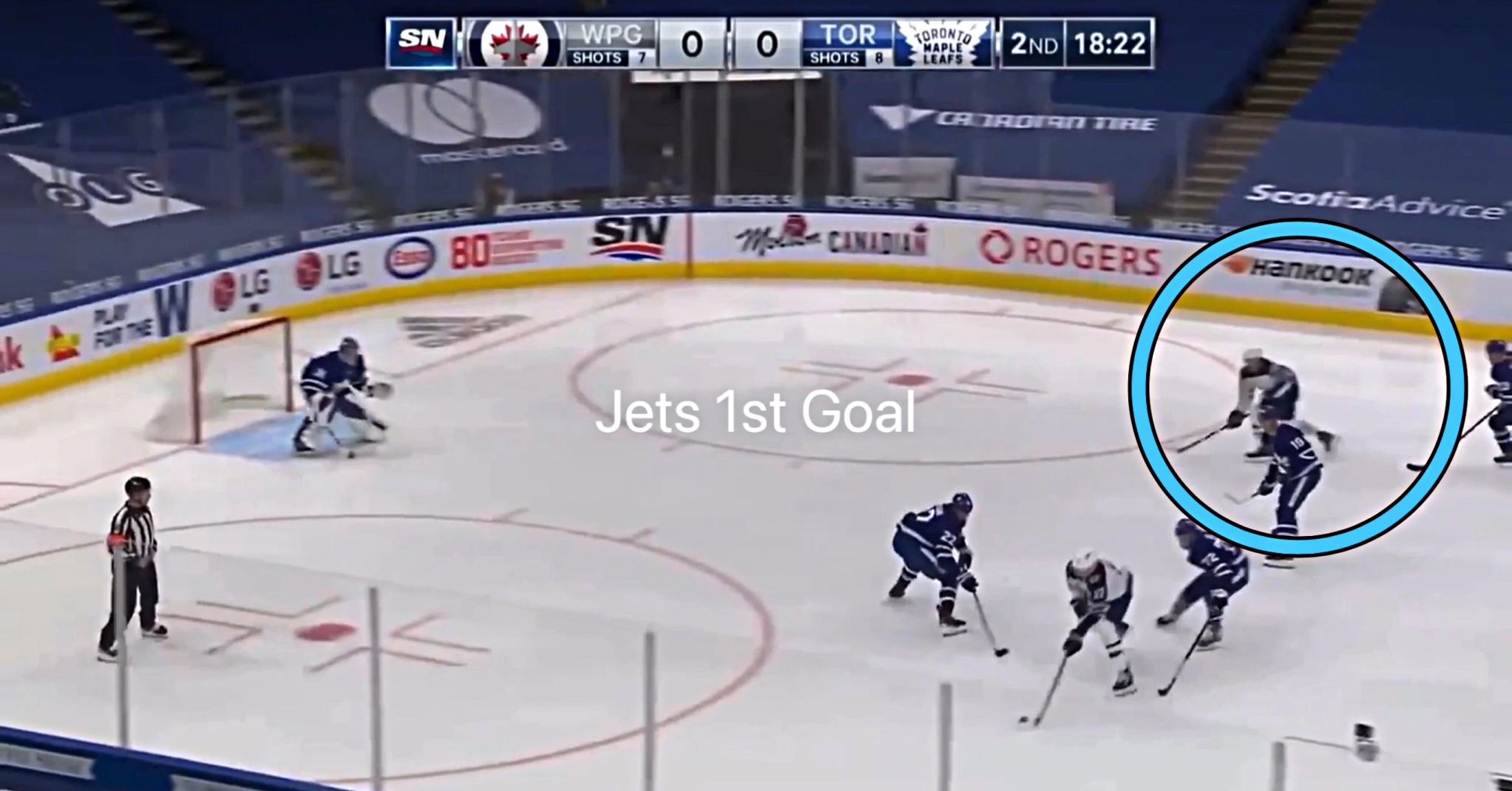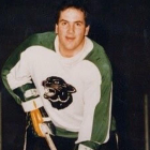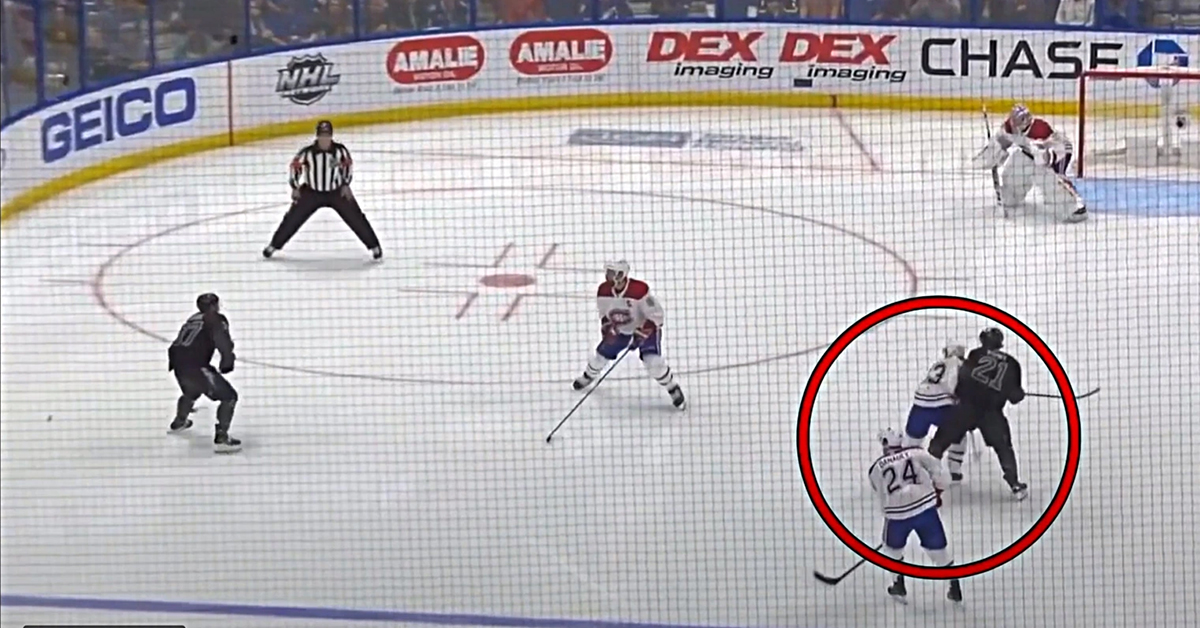
Shoulder checking is a defenceman’s most vital cheat code if they want to play a lot, play well, and eventually move on to the next level. It’s a defensive habit because it’s used primarily by defencemen, and in the defensive zone, but it’s actually the first wave of offence for a team starting the attack. Good defencemen perform shoulder checks before retrieving pucks so they know where the puck should be going next.
In certain terms:
- Shoulder checks help defencemen survey the ice and identify forechecking pressure before retrieving the puck
- This awareness helps them make better decisions about where to move the puck on breakouts and regroups
- Shoulder checks reduce the risk of turnovers and dangerous hits from opposing players
- They're part of the fundamental habits that separate consistently effective players from those who rely purely on skill
While natural talent and skill can create highlight-reel moments in the game, all players, forwarda and defencemen (and certainly goalies) with strong habits consistently prove more valuable to their teams. The evidence can be found at every level of hockey, from junior leagues to the NHL, where players like Nicklas Lidstrom and Adam Fox have achieved success through exceptional habits rather than pure skill.
These players are skilled, but they shoulder check. Every time. It’s a cheat code any player can duplicate, they just need to build it into their routine.
Good Habits = More Ice Time
Players with good habits demonstrate reliability and consistency that coaches can trust. They make fewer defensive mistakes, create fewer turnovers, and support their teammates more effectively. These fundamentals form the foundation of successful hockey at any level, and scanning the ice prior to picking up a puck is one of the most important.
What makes habits particularly valuable is that they're teachable and can be developed through practice, while natural skill has inherent limitations. Players who rely solely on skill often struggle when that skill isn't enough to overcome poor positioning or decision-making. In contrast, those with strong habits perform consistently game after game, shift after shift, especially under pressure.
Furthermore, good habits create a framework for adding more advanced skills later. While poor habits can limit a player's potential regardless of their natural talent, strong fundamental habits allow players to build upon their foundation and reach higher levels of play. This is why coaches often prefer players with solid habits over those with flashier skills but unreliable execution.
Practicing shoulder checking is simple. You just spot a puck along the boards for a player and get a return pass. There are ways to make it more game-like and intense as well. The attached PDF has some defence habitis drills you can use at any level.
But enough of that, let's see some evidence!



